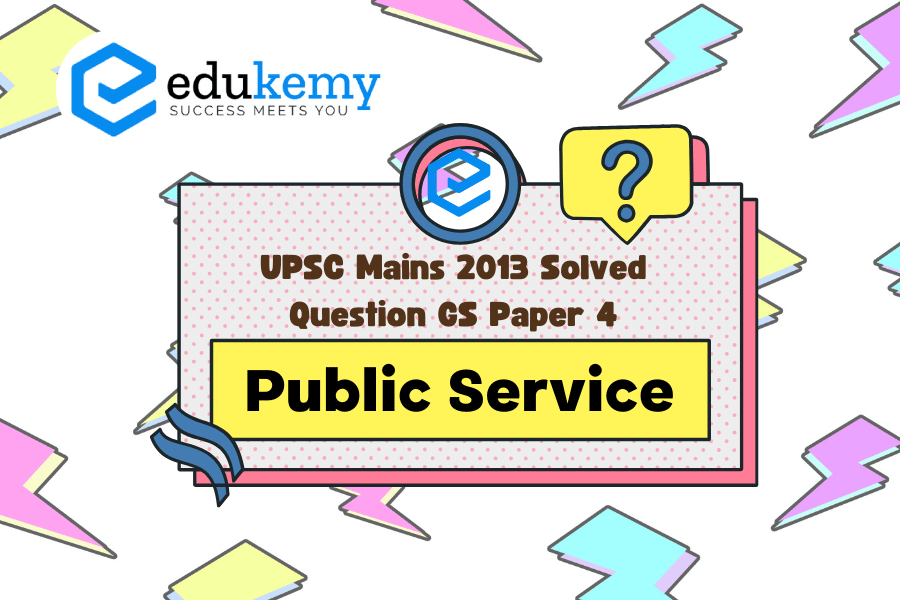In the realm of public service, a nuanced understanding of key terms is essential for effective governance and the delivery of services to citizens. “Accountability” epitomizes the responsibility of public officials to answer for their actions and decisions, ensuring transparency and trust in the government’s operations. “Transparency” underscores the imperative for openness and accessibility of information, fostering citizen engagement and informed decision-making. “Equity” embodies the principle of fairness and justice, necessitating the equitable distribution of resources and opportunities to all members of society, particularly marginalized groups. “Citizen participation” denotes the active involvement of individuals in the decision-making processes of government, empowering communities and enhancing the legitimacy of public policies. “Integrity” encompasses the adherence to moral and ethical principles in public service, guarding against corruption and upholding the public trust. Each of these terms serves as a cornerstone in the foundation of public service, guiding officials in their duties and responsibilities to serve the interests of the public while upholding democratic values and principles.
Contents
Q: What do you understand by the following terms in the context of public service? (5 terms x 3 marks each, 250 words)
- Integrity
- Perseverance
- Spirit of service
- Commitment
- Courage of conviction
Tag: Aptitude and foundational values for Civil Service, integrity, impartiality and non-partisanship, objectivity, dedication to public service, empathy, tolerance and compassion towards the weaker-sections.
Decoding the Question:
- In Introduction, try to give definition of each term in part (a) and in part (b) you can directly start with the heading.
- In Body, especially in part(b), provide the other values which are associated with the public services and public servants.
- In Conclusion, try to conclude with the importance or significance.
Answer:
(i) Integrity
Integrity is defined as ‘soundness of moral principles, the character of uncorrupted virtues, uprightness, honesty, sincerity. Integrity is, indeed, the most essential attribute of a public servant. The influence of corruption is deceptive. It undermines the structure of administration and the confidence of the public in the administration. Vitally important though integrity of personnel is, it is, today, a largely forsaken virtue, and faces a serious threat of being driven out of existence from the public services.
(ii) Perseverance
Perseverance in public services is an attitude of dedication to the set goals. It is an indispensable trait of a public servant. This is their primary source of self-confidence to operate and function effectively and efficiently and in turn transfer the same to the public. It is not just performing development-linked administrative duties but it is taking action and encouraging people to take action required to bring about structural changes and growth in the country.
(iii) Spirit of service: Spirit of service is the required impetus which encourages the public servants. One can take work as a means of earning a living, with pride, prestige, and power and opportunity to make lots of earnings. But public work is an opportunity to help needy fellow citizens, contribute to social welfare and this requires the quality of spirit of service.
(iv) Commitment: Commitment means that one is intensely and passionately wedded to one’s work. Many people work on their jobs mechanically, lackadaisical, and as an unavoidable chore. Commitment is the mark of those like accomplished musicians or scientists or sportsmen for whom work is an end in itself and holds their interest all the time.
(v) Courage of conviction: Public services should, by and large, adopt an ‘impersonality’ profile while dealing with matters concerning policies, programmes and issues. Public servants cannot afford to take or twist a decision on the basis of the persons involved with it or the persons who can be affected by it, but should strictly conform to the principles, rules, guidelines etc. They should govern the matters before the government, irrespective of the status, and without fear.
In case you still have your doubts, contact us on 9811333901.
For UPSC Prelims Resources, Click here
For Daily Updates and Study Material:
Join our Telegram Channel – Edukemy for IAS
- 1. Learn through Videos – here
- 2. Be Exam Ready by Practicing Daily MCQs – here
- 3. Daily Newsletter – Get all your Current Affairs Covered – here
- 4. Mains Answer Writing Practice – here


